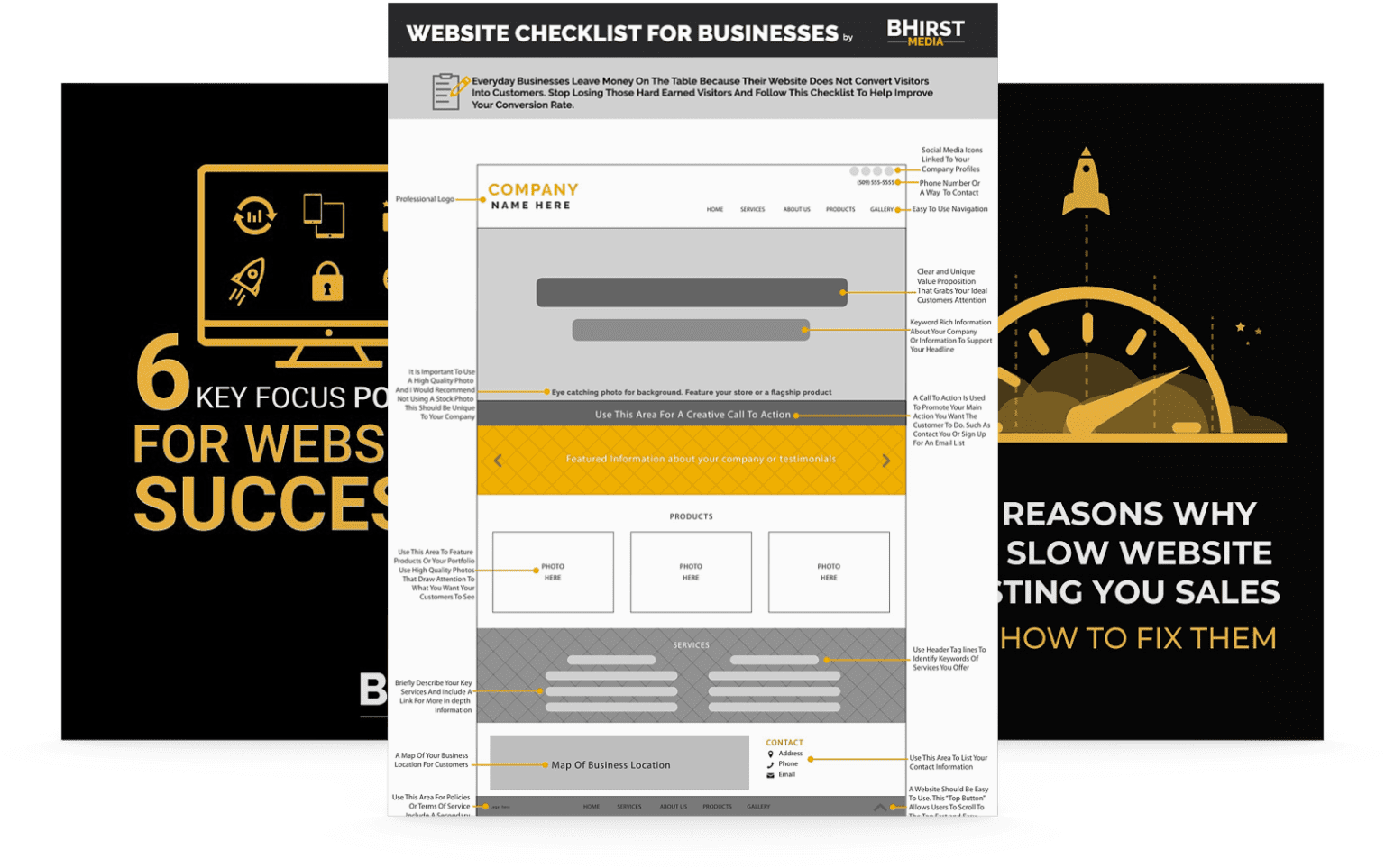
In today’s competitive landscape, a help ticket system is essential for businesses focused on customer retention and building lasting relationships. These systems not only streamline operations but also address customer pain points, enhance service quality, and cultivate trust. Here are the key reasons why business owners should consider a help ticket system indispensable:
By implementing a robust help ticket system, businesses achieve more than just operational efficiency; they build trust, resolve frustrations, and cultivate long-term customer loyalty. Let’s explore the specific features, benefits, and best practices of these systems to transform customer support into a core competitive advantage.
Frustrating customer interactions can significantly impact businesses, leading to the loss of both profits and loyal customers. In today’s digital age, understanding and effectively addressing customer support issues isn’t just a priority—it’s essential for survival and sustained growth.
A help ticket system can be pivotal for businesses looking to retain customers and foster lasting relationships. These systems not only promote operational efficiency but also improve service quality, mitigate customer frustrations, and cultivate trust. By exploring the key advantages of implementing a robust ticketing system, business owners can transform customer support interactions into a significant competitive advantage, driving both loyalty and revenue.
Let’s delve deeper into why a help ticket system is essential for enhancing customer service, boosting loyalty, and driving business growth across various industries.
A help ticket system fundamentally transforms often chaotic customer communications into a structured, manageable workflow. Instead of being overwhelmed by a constant barrage of emails, phone calls, and social media messages, a help ticket system captures, tracks, and systematically resolves customer inquiries. This approach ensures that no customer request falls through the cracks, maintaining high customer satisfaction. By efficiently handling customer service requests, businesses significantly reduce response times, which is a critical factor in customer satisfaction.
Moreover, a customer support ticketing system allows businesses to maintain a historical record of all interactions. This not only helps resolve current issues more effectively by providing context but also aids in identifying trends and recurring problems. For instance, if a recurring issue with a product or service emerges through the ticket system, businesses can proactively address these concerns, reducing future support needs. This data-driven approach improves the customer experience, informs product development, reduces rework, and saves costs. In healthcare, for example, ticketing systems can track patient inquiries, ensuring timely responses and coordinated care. Similarly, in finance, these systems can manage client queries, providing a secure and organized communication channel that enhances trust and satisfaction.

Selecting the right ticket management software requires understanding the essential features that contribute to an effective customer service platform. Automated ticket routing is one of the most crucial features. This ensures that customer inquiries are automatically directed to the most appropriate agent, reducing resolution times. Additionally, ticket prioritization capabilities are essential, as they allow urgent or high-value customer requests to be addressed promptly, positively impacting customer relations by ensuring customers feel their needs are taken seriously.
Beyond these technical aspects, the software should provide robust analytics. These analytics should include:
This suite of features not only helps manage support tickets but also optimizes customer interactions. Consider how these features apply across industries:
For example, an online retailer like Zappos saw a 20% efficiency gain in customer support team productivity after implementing a system with comprehensive analytics and efficient ticket routing. This improvement translated to $5 million in annual savings through reduced support overhead and enhanced employee productivity.
When implementing help desk software, businesses must approach the process with careful preparation. First, conduct a thorough needs assessment. This assessment should involve understanding the volume of customer interactions, the complexity of typical support requests, and current pain points in customer service delivery. If, for instance, the primary issue is lost communication, then choosing a help desk software solution with robust ticket-tracking features would be beneficial. The objective here is to avoid overbuying features that your team won’t use or under-investing in necessary capabilities.
Once a suitable system is chosen, train your team to ensure they can leverage the software effectively. Training should cover how to use the software and emphasize the system’s importance in maintaining customer trust and satisfaction. Communicate the emotional benefits to customers—like the security of knowing their issue will be tracked until resolution and the assurance that their voice is heard and acted upon. Proper training reduces the learning curve and ensures the system’s benefits are realized from the start. This applies universally:

A well-managed support ticket management system directly enhances the customer experience. When a customer submits a support ticket, knowing that their concern has been officially logged provides a sense of security. This knowledge can significantly lower customer frustration levels, as they feel assured that their request hasn’t been lost.
Implementing ticket systems enhances transparency. Customers can track their ticket’s status and, in some advanced systems, receive automated updates or gain insights into what’s happening behind the scenes. This transparency builds trust, showing customers that the business values them enough to keep them informed. For example, Warby Parker uses a help ticket system to reduce customer frustration by providing real-time status updates, leading to an 85% satisfaction score in their latest customer survey. This relationship-building aspect of ticket management helps convert one-time customers into loyal brand advocates. This approach is beneficial for various sectors:
A well-structured ticket system allows businesses to be proactive rather than merely reactive. By monitoring ticket patterns, companies can identify potential areas for service improvement before they become widespread issues. This foresight can dramatically improve the customer experience by ensuring that problems are anticipated and often resolved before the customer is aware, fostering a sense of being cared for. Consider these proactive applications:
By implementing an effective help ticket system, businesses build more than just operational efficiencies—they cultivate strong customer relationships that foster both loyalty and growth. Structured workflows, personalized support, and actionable insights enable businesses to meet and exceed customer expectations. With the right strategy and tools, support teams can transform challenges into opportunities that build trust, ultimately turning customer service into a significant competitive advantage.
Looking ahead, businesses that embrace adaptable, data-driven strategies will lead an increasingly competitive landscape. Whether through emerging technologies, customer-first innovation, or operational agility, the next era of success will belong to those who anticipate change and effectively use advancements to gain a competitive edge. The real question isn’t just about adopting these systems but how effectively your business can leverage them to build lasting customer relationships and drive sustainable growth.
